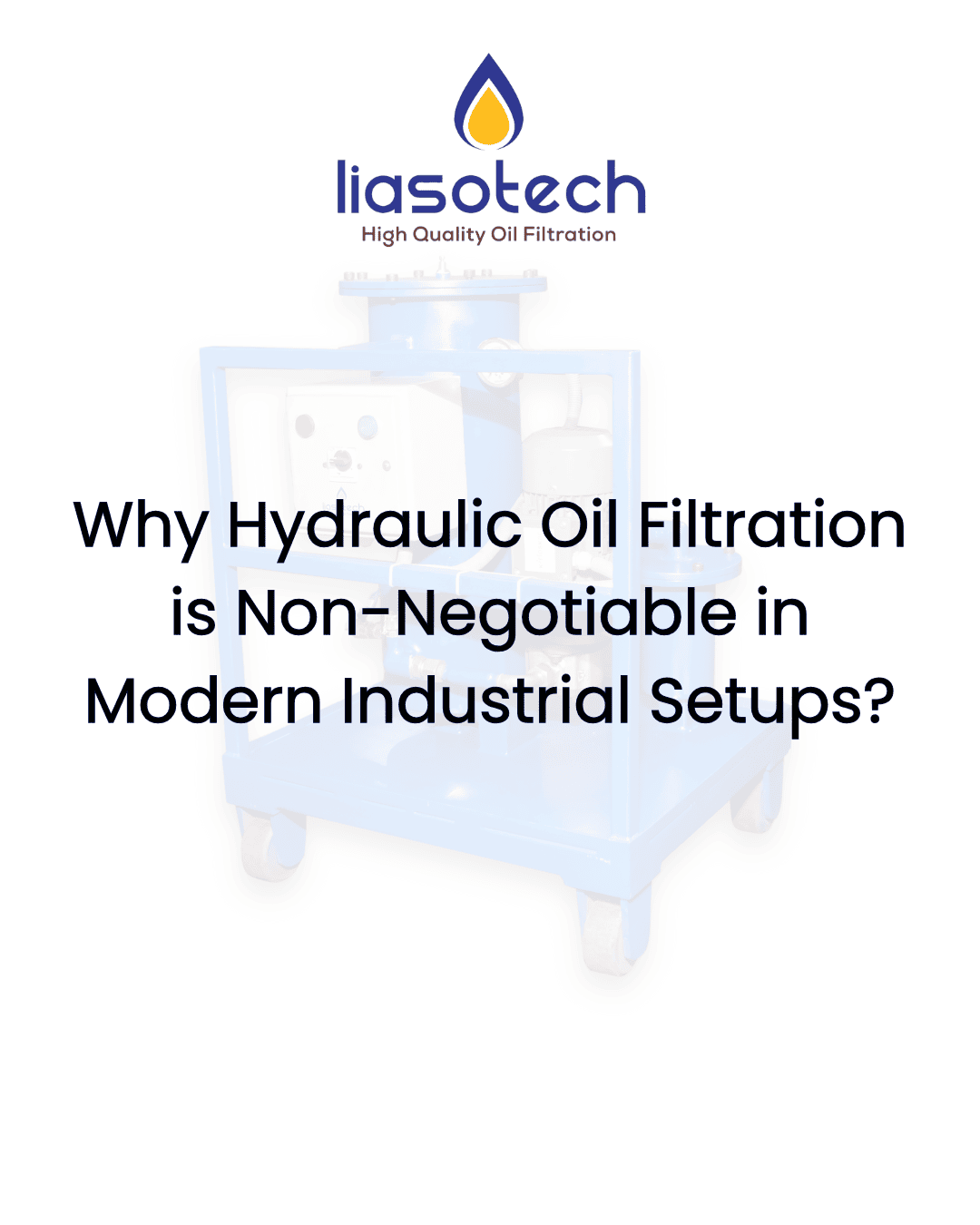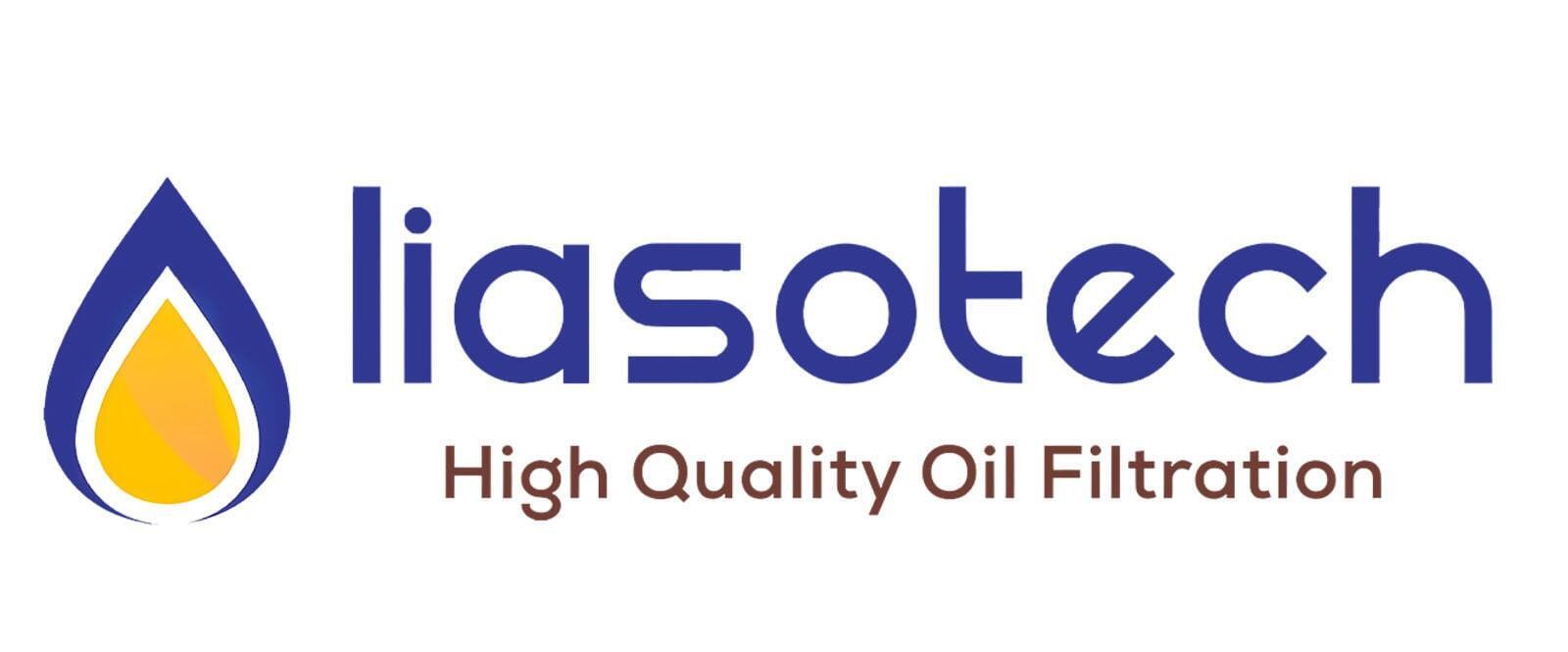
In today's high-performance industrial environment, machine uptime, precision, and sustainability aren't just metrics; they're business imperatives. At the core of this operational excellence lies a factor that often goes unnoticed: hydraulic oil filtration.
Hydraulic systems drive critical operations in steel plants, cement manufacturing, power generation, and plastics processing. Yet many operations still treat oil filtration as secondary until equipment starts to fail or production efficiency drops. This approach may be expensive for the business.
The Real Cost of Poor Filtration
Without proper filtration, hydraulic oil becomes a host for:
Solid particle contamination (metal, dust, seal wear)
Water ingress
Oxidation
These contaminants lead to:
Valve sticking and malfunction
Pump wear and failures
Heat buildup and erratic movements
Increased maintenance costs and machine downtime
80% of hydraulic failures are directly caused by contaminated oil.
What Makes Filtration "Non-Negotiable" Today?
Modern industries operate under pressures that didn't exist a decade ago: tighter delivery timelines, sustainability mandates, global competition, and leaner operations. Here's why hydraulic oil filtration must be prioritized:
1. Precision Demands Cleanliness
Modern hydraulic systems work at higher pressures and tighter tolerances. Even microscopic particles can affect control valves, actuators, and servo mechanisms.
2. Longer Equipment Lifespan
Clean oil reduces wear and extends the life of pumps, cylinders, and seals—saving lakhs in repair and replacement costs.
3. Reduced Operational Interruptions
Offline filtration units (kidney-loop systems) allow continuous cleaning without disrupting machine cycles—minimizing shutdowns.
4. Environmental Compliance
By extending oil life and reducing waste disposal, filtration supports sustainability goals and compliance with environmental standards.
5. Energy Efficiency
Clean hydraulic oil reduces friction and maintains optimal system pressure, leading to energy savings.
